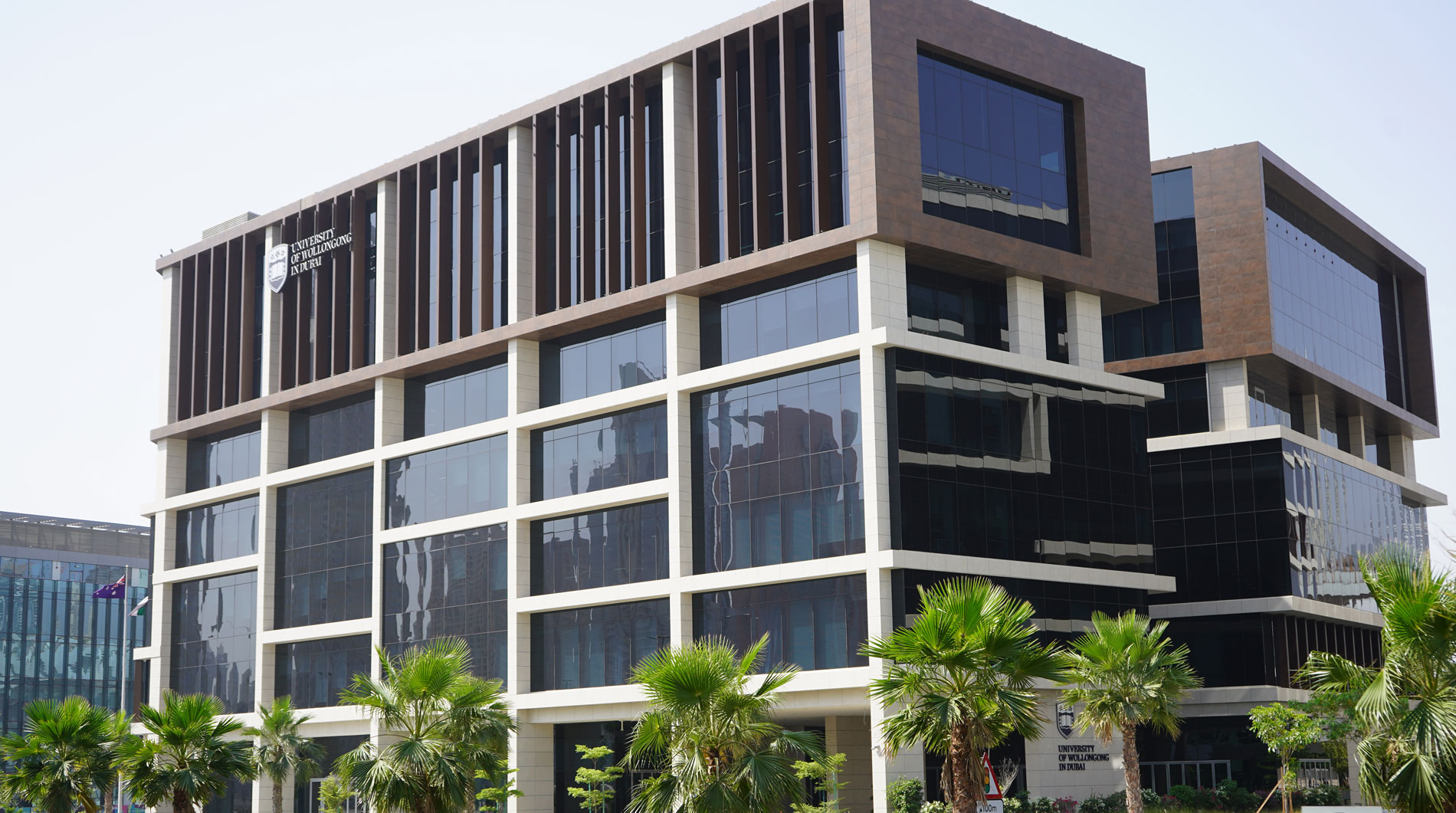UOWD research highlights plight of garment workers a year on from Bangladesh factory tragedy
Monday, 26 May, 2014
Lecturers from the University of Wollongong in Dubai (UOWD) have presented their research on the plight of garment workers in the wake of last year’s Rana Plaza factory collapse in Bangladesh.Dr Gwendolyn Rodrigues and Ms Zeenath Reza Khan presented their paper at the World Journal of Social Sciences’ World Business Research Conference held in Dubai last month, highlighting the call for justice from those behind the scenes of international label manufacturing, a market that is second only to China in the worldwide export of ready-made garments (RMG).The research project, which commenced almost immediately after the tragedy took place in April 2013, has received a AED10,000 grant to continue to its next phase, which will look at the buyers’ role in influencing retailers towards ethical practices.“Having completed the ground work on the Savar tragedy, our second phase proposes to shed light on the importance of ethical issues in the apparel manufacturing industry, and ethical consumerism, with special reference to the UAE, which is already viewed as an emerging fashion nation,” said Ms Khan.“It will focus on corporate social responsibility and the problems faced by workers in sweat shops in developing nations, and it will establish the importance of consumers as drivers towards ethical trading”.As part of the first phase, in an exclusive interview with Nobel Laureate Professor Muhammad Yunus of Grameen Centre, Dhaka, the researchers gathered insights into the importance of the industry to Bangladesh.“The RMG industry in Bangladesh started from zero and today it is the world number 2 exporter, second to China,” said Yunus.“About 90% of the workers in the factories were and continue to be young women from rural areas of Bangladesh. They defied all the norms to become factory workers and became good at the work they do, which is appreciated and admired, not just by the nation, but by the whole world.”Working closely with Prothom Alo, the Daily Bengali Newspaper in Bangladesh, Ms Khan and Dr Rodrigues interviewed the Minister of Commerce in Bangladesh, Mr Ghulam Muhammad Quader, who confirmed that “when the garments industry started, many small-scale factories sprang up across cities, sometimes leasing space inside shopping centers or residential areas.“When the factories did grow in size, they moved away from the cities and built custom-manufacturing plants. But there still remain many small factories that are housed in residential and commercial areas. Because the garments industry had been contributing significantly and essentially to the economy of the country, the government did not necessarily restrict the progress by being very strict on such matters.”In an interview with the Additional Director of Research at Centre for Policy Dialogue (CPD), Dr Khonodar Gholam Moazzem, the UOWD researchers found that there were grave discrepancies in the number of workers registered and the total number recorded dead. According to reports, over 3,000 workers were sent into the building on April 24 after the Bangladesh Garment Manufacturers and Exporters Association (BGMEA) ordered it to close down when cracks appeared the day before.A year after the tragedy, victims of the collapse and their families are still awaiting compensation, rehabilitation, alternate sources of income and any other help that can aid in recovery. Both Ms Khan and Dr Rodrigues believe that ethical consumerism is the solution to this issue “Immediately after the collapse, some of the brands threatened to move away from Bangladesh,” said Ms Khan.“But as our research has revealed, this industry has delivered a huge boost to living standards for millions of women who are also the sole bread earners in most families. Pulling away will only mean destitution for these workers.”Professor Yunus concluded, “We need to find solutions, not escape routes. The 3.6 million garment workers in Bangladesh depend on the buyers’ business as sources of livelihood and Bangladesh still offers the most competitive pricing. So, the focus should be on ethical trading and manufacturing.”The research team ultimately hopes to be able to work with the industry to implement positive actions based on the finding of their consumer-based research.

Open Day
Attend our next Open Day on Saturday, 27 April 2024.
Join our experts to learn more about our degrees and how you can enrol at UOWD.